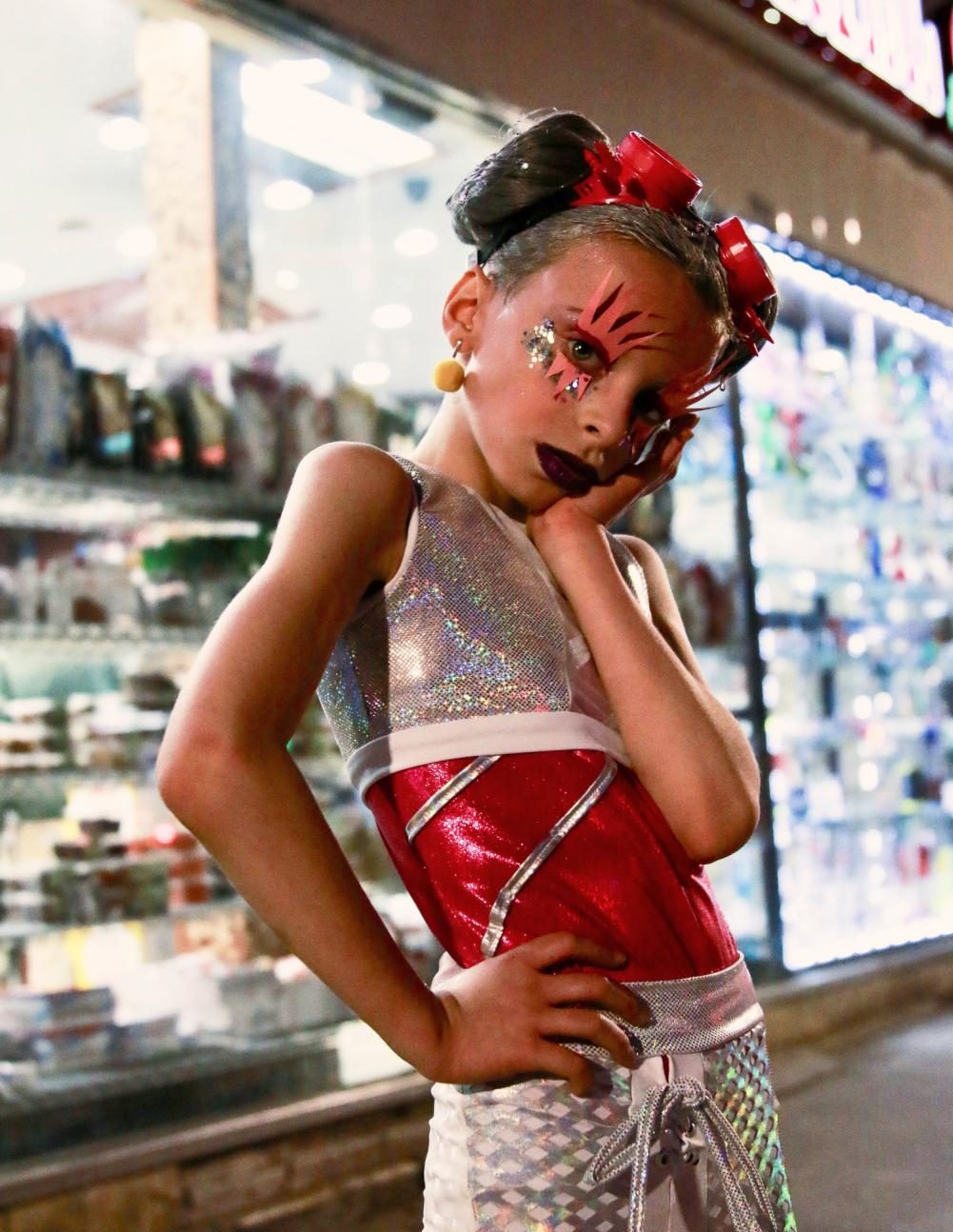In recent years, social media platforms like Instagram and Youtube have opened the door for anyone to become an influencer, and many children can be now found on these apps. Although social media appears to cause little harm, these platforms are exposing children to inappropriate content and children are now becoming sexualized by adults.
DESMOND IS AMAZING
One of the rising child influencers who has captured the public eye is “Desmond is Amazing.” Desmond Napoles is an 11-year-old boy who has his own drag persona on his website and Instagram page.
The problem with Napoles is not really with him, but rather with his parents who seem to control every aspect of his life. At 11 years old, Napoles is not legally allowed to have any social media accounts, own a bank account or directly profit from any of his work. His mother defends herself by arguing that Napoles has always loved his drag persona. Although this may be true, it still raises the question of who introduced him to the drag industry.
Additionally, Napoles has performed in gay bars, taking tips while performing. In an Instagram post, Napoles’ mom defends his performance by saying “the conservative media went on a banter” and states that taking tips while performing in drag is “customary.”
This defense is concerning because Napoles is only a child and should not be used as a means to make money. His mother creating and using social media accounts for him shows that she is truly the only one interested in the profit of this. Letting your child flourish and experiment with their identity does not mean they should perform in highly sexualized ways in bars. Most children play dress up or put on shows for their family members, and that is completely normal.
DANIELLE COHN
Another rising child influencer who has caught the public eye is Danielle Cohn, a Youtuber who started on Tik Tok. Cohn is different because she began using social media when she was 13, which is the minimum age for creating an account on social media. The concern with Cohn’s content, however, is how highly sexual it is.
The main problem with Cohn’s influence, besides the sexual aspect of it, is that her mother seems to be nowhere near concerned. In an episode of Buzzfeed’s Netflix series “Follow This,” Cohn has an episode dedicated to her called “Teen Boss.” In the episode, Cohn explains that she no longer attends school due to fights with and jealousy from other students and that she receives hate comments on her social media accounts because of her looks and weight.
Cohn’s mother, Jen Archambault, mentions that Cohn tries to act as if the comments do not get to her, but often starves herself before she posts pictures or videos. With all these concerning factors, one might wonder why Archambault does not simply remove Cohn’s social media accounts. Her justification is that Cohn was always “such a good girl.” Cohn also defended herself by saying that she pays the bills with the money she makes online.
Even though Cohn is old enough to have all her social media accounts, she should not be selling her image to pay for the family bills, nor should she be experiencing these hateful comments. Allowing your children to embark on a career that can be met with vicious bullying and judgment is a questionable decision, considering the detriment it can cause to the child’s mental health.
THE OVERALL PROBLEM
Overall, as much as children should be free to explore their identities, parents must also protect their children. Napoles and Cohn are great examples of why social media is not a place for everyone. It may seem like these kids are simply enjoying life, but it is clear that their roles as influencers has caused them harm. Child influencers are not living in a safe environment, nor are they able to make choices on their own.








